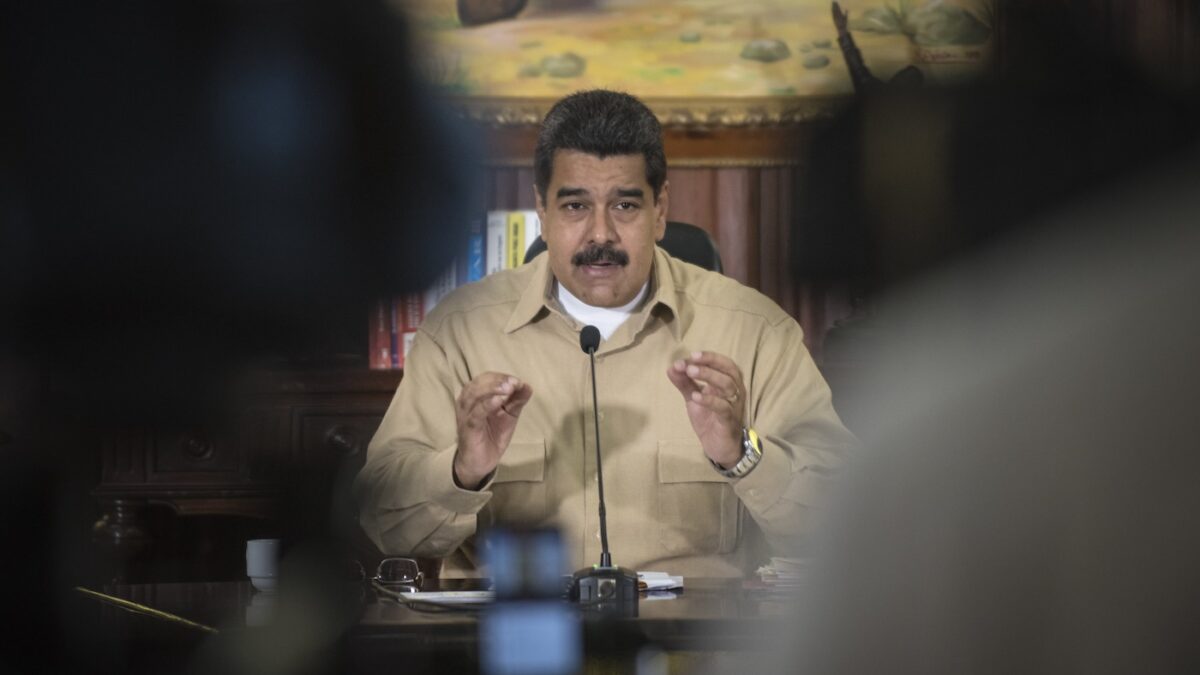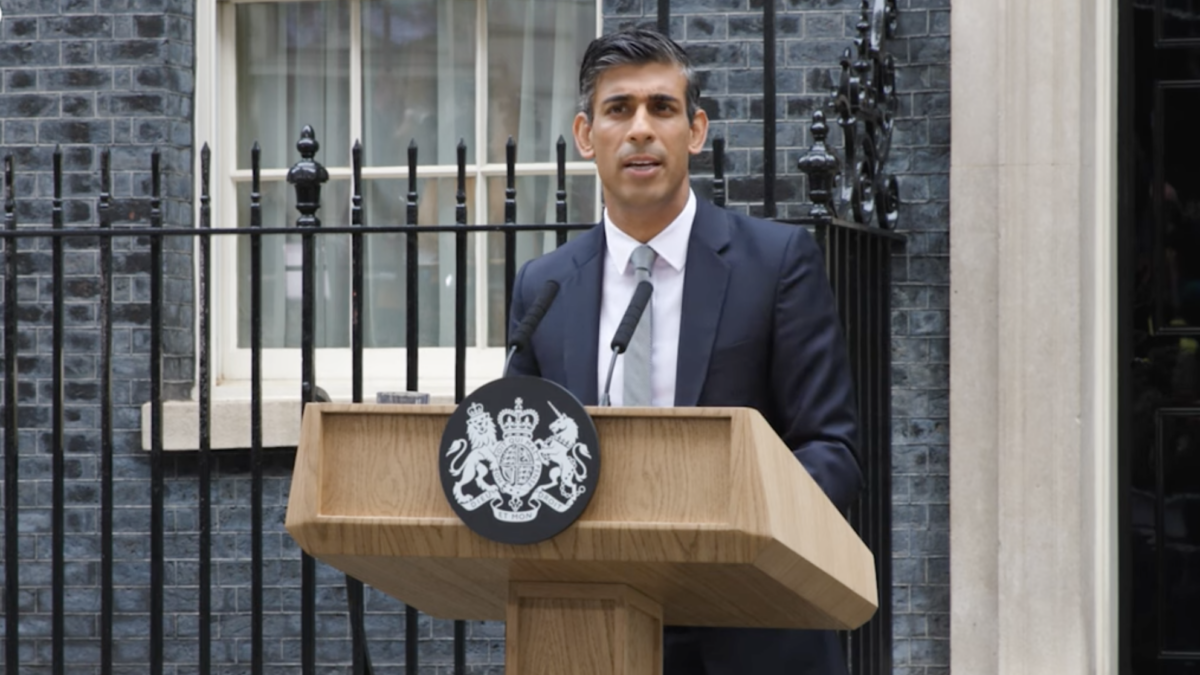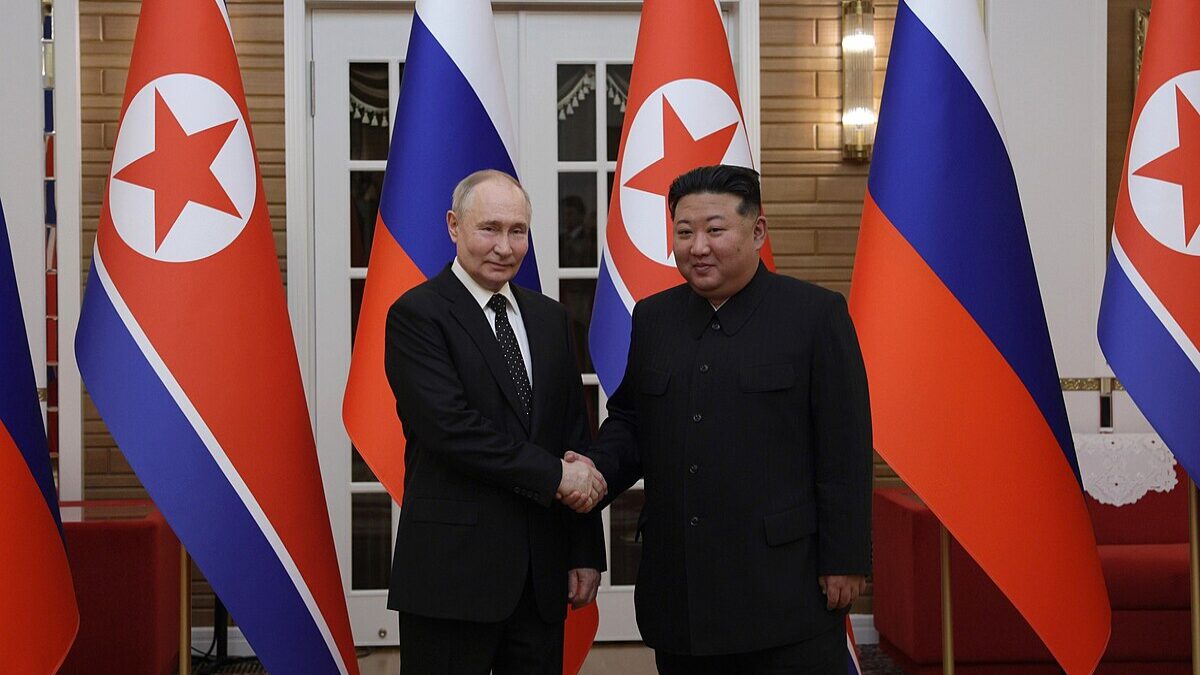
We shouldn’t suppose the NBA-China affair is something new or strange. In many ways, it was entirely predictable, right down to the simpering apologies and walk-backs. But we should understand that blow-ups like this are going to happen more frequently unless U.S. policymakers, American consumers, and major corporations work together to reconnect strategic national interests to economic activity.
There are two reasons for this. The first is growing Chinese aggression abroad and despotism at home, fueled by Beijing’s conviction that it should be the final arbiter of discourse about China and everything that comes within its orbit. The second is growing corporate obsequiousness to the Chinese state, fueled by ordinary greed.
Indeed, the fracas over Houston Rockets General Manager Daryl Morey’s tweet supporting the Hong Kong protesters has demonstrated, yet again, that global firms like the NBA will bow and scrape before the Chinese Communist Party—and even enforce the party’s rules internationally—if it means retaining access to Chinese markets.
The NBA is no exception in this regard; the list of corporations willing to toe the Chinese line is quite long. After Mercedes-Benz innocuously quoted the Dalai Llama in a social media post last year, the auto company apologized for “wrong information” that “hurt the feelings of Chinese people”—language commonly used by Chinese officials to protest statements made by foreigners. (The NBA used similar language this week in a statement posted to the NBA’s Chinese-language account on Weibo that markedly differed from the league’s English-language statement.)
Marriott has fired staff who expressed support for Tibet. Delta apologized to China last year after listing Taiwan and Tibet as separate countries on its website. Versace apologized to China last month over a T-shirt that suggested Hong Kong and Macau aren’t part of China. (Versace not only stopped making the shirt, it destroyed all the ones it hadn’t sold.) Hollywood dares not make a big-budget film these days without clearing it with Chinese censors. Indeed, groveling before China has become commonplace in the corporate world—so much so that “South Park” dedicated an entire episode to it last week, which prompted China to scrub “South Park” from the Chinese internet.
How Washington Let This Happen
All of this portends ill not just for America but for free societies all over the world. Last October in a Foreign Policy essay entitled, “If the U.S. Doesn’t Control Corporate Power, China Will,” Matt Stoller argued that, “China is exploiting the laissez-faire model of industrial organization Washington has enabled for decades.” By loosening the constraints that had long prevented geopolitical competitors from gaining too much influence over our political economy, U.S. policymakers not only enabled China’s economic miracle, but created a power vacuum that China has been eager to fill.
Now, Chinese capital is flooding into Silicon Valley, Chinese hackers are stealing American technology, and major global brands are happy to do or say whatever Beijing asks. It’s wrong to think of China’s economic activities as somehow distinct from its long-term political and military goals, including its increasingly aggressive posture in the Pacific. To push back against Beijing’s malign influence on the global economy, says Stoller, “The era of big government must come back.”
That is, policymakers should force Wall Street not to think only of short-term profits but also of long-term national strategic interests. In this, Stoller echoes Vice President Mike Pence, who in a speech last year called out China for espionage, technology theft, debt diplomacy, meddling in American elections, and “employing a whole-of-government approach to advance its influence and benefit its interests.”
Pence said the Trump administration was pushing back, not just with tariffs but also by strengthening the U.S. military presence in the Pacific, among other measures. His remarks also strongly implied that U.S. corporations are far too willing to do Beijing’s bidding, and that there’s more at stake here than quarterly profits.
Pushing Back On China Won’t Be Easy
So what are we supposed to do, exactly? Conservatives will certainly balk at the idea of bringing back the “era of big government,” but there is undoubtedly a role for the federal government to play here. For example, when Chinese state-owned enterprises refuse to recognize the jurisdiction of U.S. courts and arbiters, or when they assert sovereign immunity in disputes with U.S. firms, the U.S. government should impose consequences imposed on China.
But of course that won’t be enough, because U.S. firms do business in China voluntarily, gladly acquiescing to things like technology transfers in exchange for massive profits. Given that reality, we need to rethink the relationship between economic power and national security, and consider adjusting national economic policy and corporate regulations accordingly.
Even that might not be enough. In some cases, U.S. firms might need pushback from American consumers themselves. In a case like the NBA, maybe it will take fans holding the league, and even individual players, accountable.
Houston’s star player James Harden regularly travels to China to promote his line of Adidas sneakers. He has profited greatly from such deals. Three days after Morey’s tweet supporting the Hong Kong protesters sparked outrage in China, Harden, speaking at a practice in Tokyo, didn’t mince words. “We apologize. You know, we love China. We love playing there,” he said.
Well, fine. But let Harden come home to a stadium of angry, booing Rockets fans. Let him be ridiculed for kowtowing to an authoritarian regime while the people of Hong Kong fight for their freedom. Better yet, let Harden and the Rockets come home to an empty stadium. Maybe then we’ll see how much they love China.









